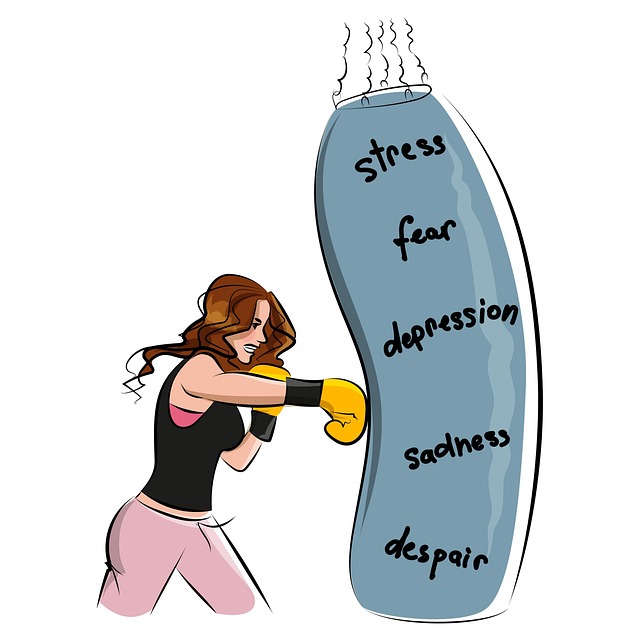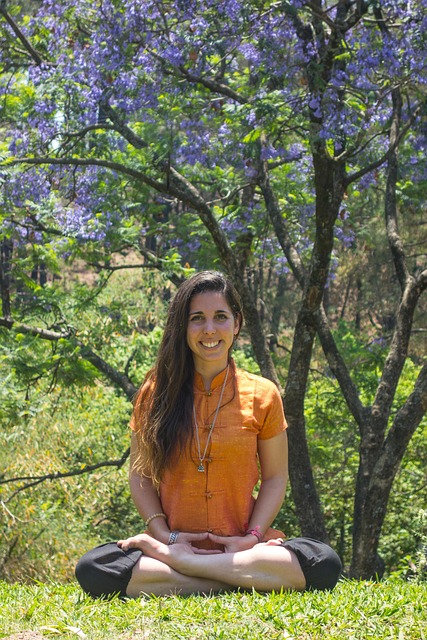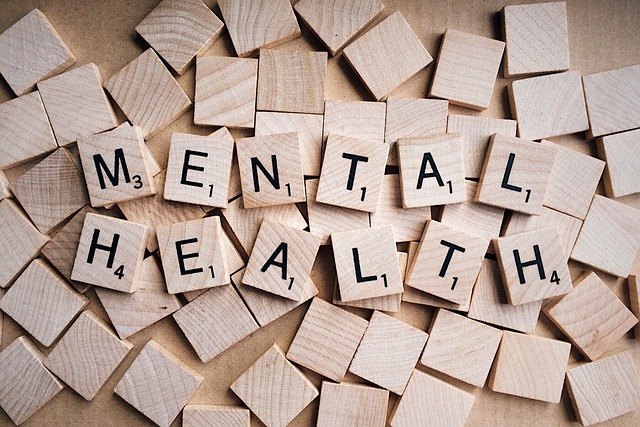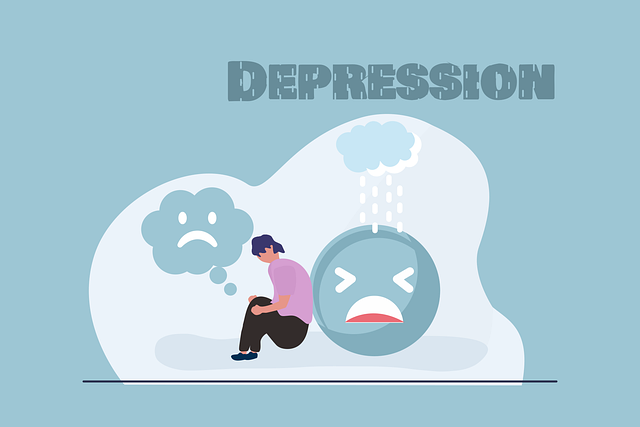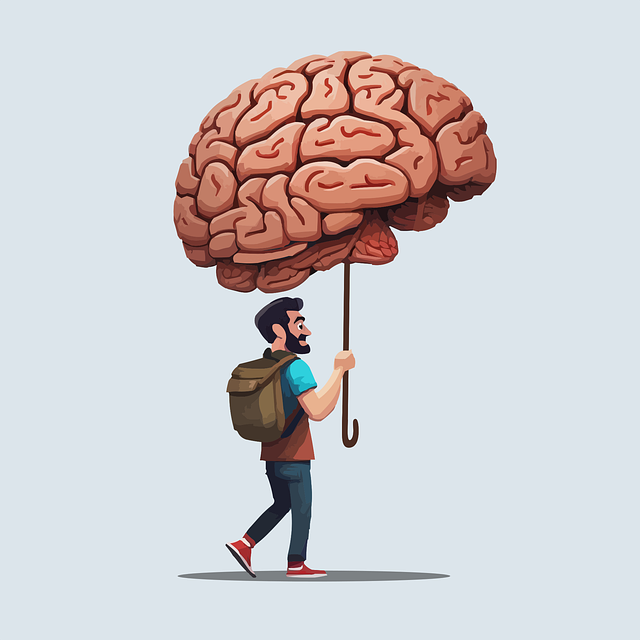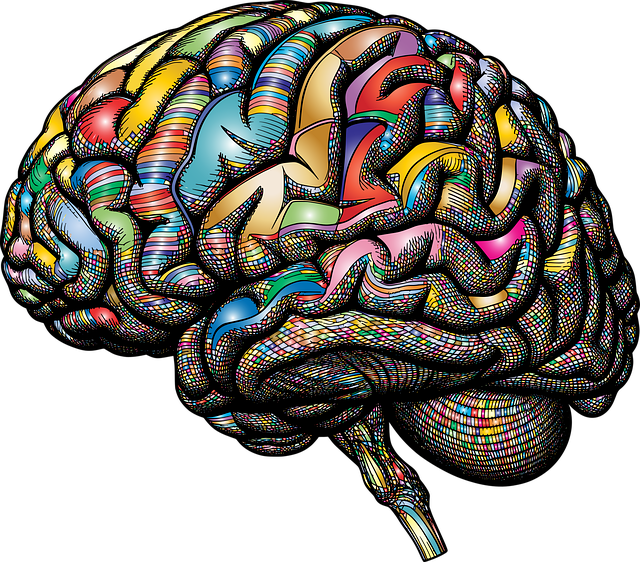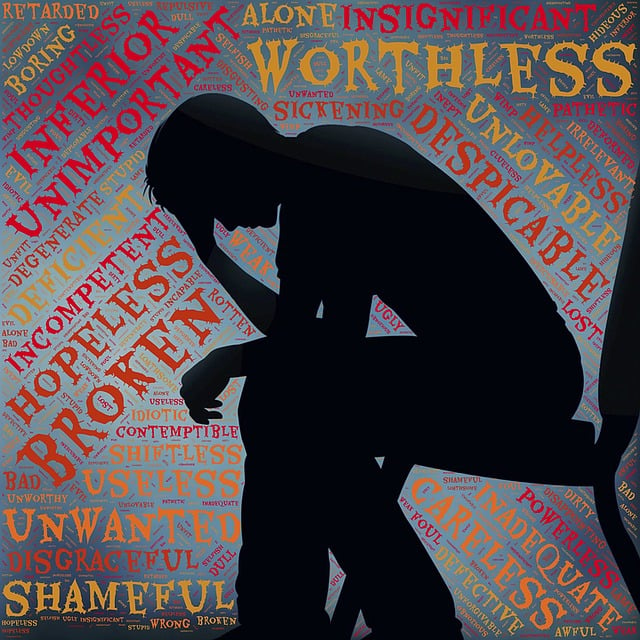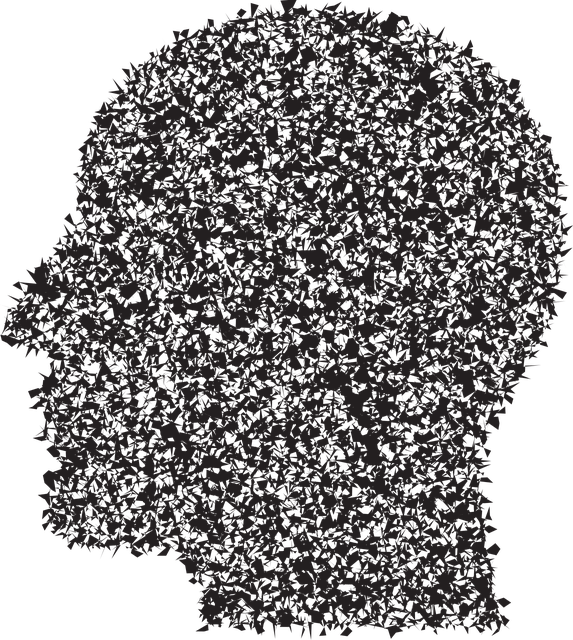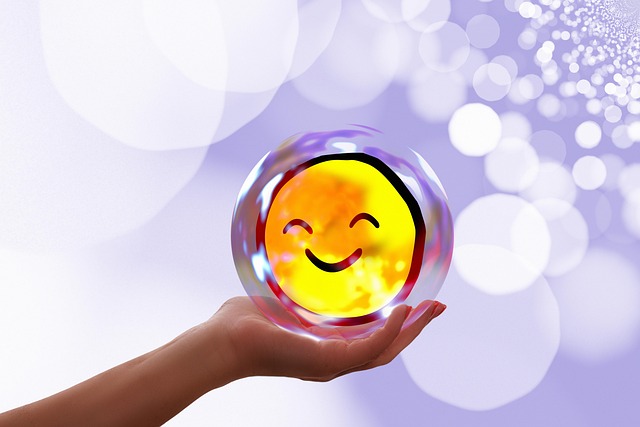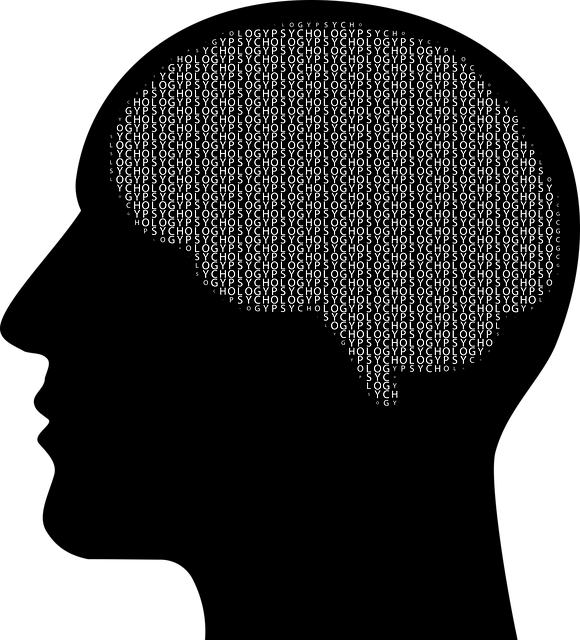Personalized self-care routines are essential for mental wellness, especially for those with ADHD like those supported by Lone Tree ADD-ADHD Therapy. This involves understanding individual emotional needs and incorporating tailored activities such as meditation, deep breathing, nature walks, yoga, and self-compassion exercises to manage stress, enhance mindfulness, and improve focus. Setting realistic goals through achievable milestones, tracking progress, and adjusting strategies promotes resilience and adaptability. Lone Tree ADD-ADHD Therapy guides individuals in navigating daily challenges, destigmatizing ADHD, and fostering positive thinking for optimal mental health.
“Unwind, refocus, and embrace a thriving mental wellness journey. In today’s fast-paced world, prioritizing self-care is paramount for overall well-being. This article guides you through a comprehensive process of cultivating a personalized self-care routine. From understanding your unique mental health needs to incorporating stress-reducing activities and mindfulness practices, we explore effective strategies. Learn how to create a balanced routine with physical activity and relaxation techniques, set achievable goals, and track progress. Discover tips for overcoming challenges and maintaining consistency with the help of Lone Tree ADD-ADHD Therapy.”
- Understanding Your Mental Wellness Needs: A Personalized Approach
- Identifying Self-Care Activities for Stress Reduction and Mindfulness
- Creating a Balanced Routine: Incorporating Physical Activity and Relaxation Techniques
- Setting Realistic Goals and Tracking Progress: Building Resilience
- Overcoming Challenges and Maintaining Consistency with Lone Tree ADD-ADHD Therapy
Understanding Your Mental Wellness Needs: A Personalized Approach

Developing a self-care routine for mental wellness is a deeply personal journey that requires understanding your unique needs. Just as Lone Tree ADD-ADHD Therapy adapts to individual clients, so should your approach to self-care. Start by evaluating your emotional landscape—what brings you joy, peace, and balance? Some individuals thrive through structured activities like meditation or journaling, while others find solace in creative expression or spending time in nature.
This introspective process involves recognizing both your triggers and your strengths. By understanding the Emotional Well-being Promotion Techniques that work best for you, you can cultivate Empathy Building Strategies to support your mental health. Moreover, a personalized self-care routine should incorporate risk assessment practices—identifying potential stressors and implementing coping mechanisms—to ensure your overall well-being, especially as you navigate the complexities of modern life.
Identifying Self-Care Activities for Stress Reduction and Mindfulness

Incorporating self-care activities into your routine is a powerful tool for managing stress and cultivating mindfulness, especially for individuals navigating conditions like ADD-ADHD. Lone Tree ADD-ADHD Therapy emphasizes the importance of tailored strategies that address unique challenges. Through practice, one can discover calming techniques such as meditation, deep breathing exercises, or nature walks that help quiet the mind and reduce anxiety. These activities foster a sense of peace and present an opportunity for individuals to reconnect with their thoughts and emotions in a non-judgmental way.
Additionally, compassion cultivation practices like mindful listening and self-compassion exercises can be transformative. Public awareness campaigns development often highlights the impact of burnout prevention strategies, encouraging individuals to prioritize their mental health. By integrating these practices into daily life, one can enhance overall well-being and develop a more resilient mindset.
Creating a Balanced Routine: Incorporating Physical Activity and Relaxation Techniques

Developing a balanced self-care routine is integral to maintaining mental wellness, especially for individuals with ADD-ADHD. Incorporating physical activity and relaxation techniques into your daily regimen can significantly enhance emotional regulation and inner strength development. Regular exercise not only boosts mood but also improves focus and reduces anxiety, providing an effective outlet for stress relief. Activities like yoga or walking in nature can be particularly beneficial, as they encourage mindfulness and help to calm the mind.
Relaxation techniques such as deep breathing exercises, meditation, or progressive muscle relaxation can aid in cultivating a sense of peace and grounding. These practices are powerful tools for managing symptoms of ADD-ADHD, promoting better emotional regulation, and fostering a deeper connection with one’s inner strength. By integrating these self-care practices into your routine, you can create a harmonious balance that supports both physical and mental health.
Setting Realistic Goals and Tracking Progress: Building Resilience

Setting realistic goals is a cornerstone of building resilience and cultivating mental wellness. It’s essential to start with achievable milestones that align with your unique needs, rather than overwhelming yourself with unrealistic expectations. Think of it as tending to a garden; you wouldn’t expect a sapling to grow into a mighty tree overnight. Similarly, gradual progress through small, manageable goals fosters growth and resilience over time. Incorporate these steps into your self-care routine: first, identify areas where you want to improve—be it stress management, sleep hygiene, or social connection. Then, break down these broad objectives into specific, measurable targets. For example, instead of aiming for “better mental health,” try “meditating for 10 minutes daily” or “engaging in a community outreach program once a week.”
Regular tracking of your progress allows you to celebrate small victories and adjust your approach as needed. Consider using tools like journals or apps designed for goal-setting and progress monitoring, especially if you’re managing conditions such as Lone Tree ADD-ADHD Therapy. This practice encourages mindfulness and self-reflection, which are key components in the implementation of compassion cultivation practices and emotional well-being promotion techniques. By regularly reviewing your journey, you gain valuable insights into what strategies work best for you, fostering a deeper sense of control and empowerment in your mental wellness journey.
Overcoming Challenges and Maintaining Consistency with Lone Tree ADD-ADHD Therapy

Overcoming challenges is a pivotal aspect of establishing a successful mental wellness self-care routine, especially for those managing ADD-ADHD like those supported by Lone Tree ADD-ADHD Therapy. It’s not always easy to maintain focus and consistency when facing daily hurdles that can trigger stress and anxiety. However, through consistent practice and compassionate self-awareness fostered by Compassion Cultivation Practices, individuals can learn to navigate these challenges more effectively.
Lone Tree ADD-ADHD Therapy recognizes the importance of public awareness campaigns development in destigmatizing mental health issues. By fostering a culture of understanding and support, those with ADD-ADHD can feel empowered to implement their self-care routines with confidence, knowing they have access to resources tailored to their unique needs. This holistic approach encourages positive thinking, enabling individuals to build resilience, embrace change, and thrive in all aspects of life.
Developing a mental wellness self-care routine is a transformative journey, especially with guidance from Lone Tree ADD-ADHD Therapy. By understanding your unique needs, identifying effective activities, and creating balance, you can enhance resilience and overall well-being. Setting realistic goals and consistently practicing mindfulness and physical activity are key to navigating life’s challenges. Embrace this process as a way to cultivate a healthier, happier mind and remember that with dedication, progress is achievable.
